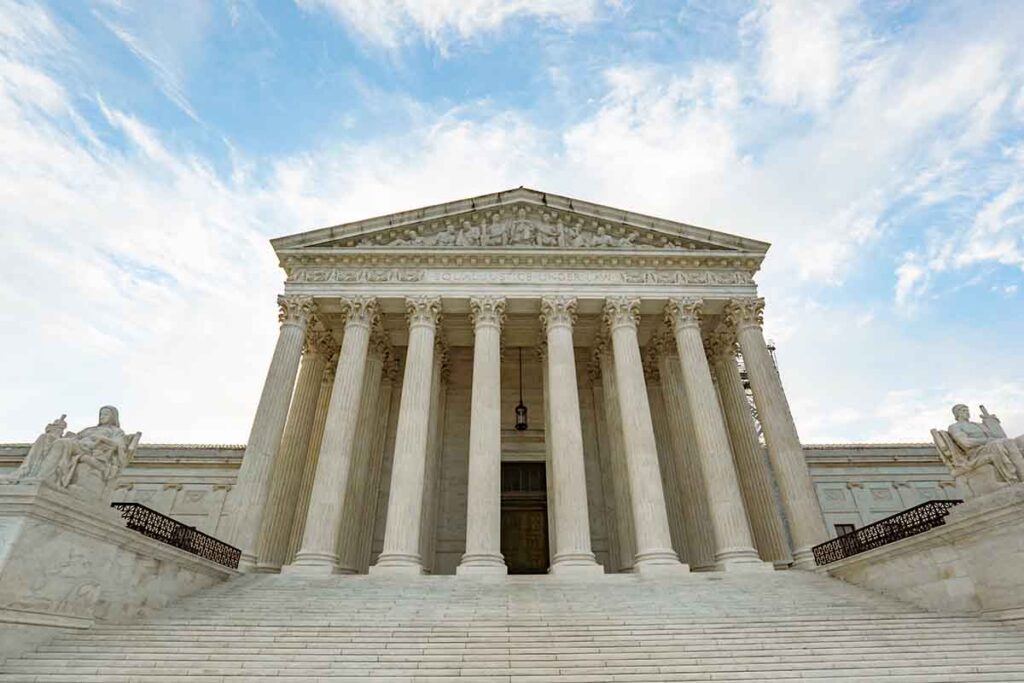
A recent U.S. Supreme Court decision is expected to benefit electric cooperatives by making National Environmental Policy Act reviews of energy and broadband projects more predictable, NRECA says.
The ruling, which complements Congress’ 2023 changes to NEPA and the Trump administration’s efforts to expedite NEPA reviews and permitting, will help co-ops modernize their infrastructure to meet higher electricity demand and provide high-speed internet to more areas.
NEPA reviews are often required for projects that need a permit or right-of-way authorization from the federal government or receive federal funding. Examples include generation and broadband projects that receive Department of Agriculture grants or loans, transmission lines that cross federal lands, or vegetation management in federal areas that can reduce wildfire risk.
The Supreme Court’s May 29 unanimous decision could make NEPA reviews more focused and efficient by clarifying that agencies generally must only consider the environmental effects of the project they are reviewing, rather than study indirect impacts beyond their authority, NRECA Regulatory Affairs Director Viktoria Seale said.
“The Supreme Court rightly recognized that a course correction on NEPA was needed and is providing much needed clarity,” Seale said.
Seven County Infrastructure v. Eagle County —the first NEPA case that the court had taken up in 20 years—concerned a NEPA review conducted by the federal Surface Transportation Board for a new 88-mile rail line in Utah that would transport crude oil to Gulf Coast refineries.
The D.C. Circuit had ruled that the board violated NEPA by limiting its analysis of the rail line’s upstream environmental impacts from oil drilling and downstream impacts from oil refining.
But the Supreme Court last month said the board only had to address the environmental effects of constructing and operating the rail line. The decision also emphasized that courts should defer to agencies’ judgments on the scope and contents of NEPA documents.
The court’s ruling, along with NEPA reforms included in the Fiscal Responsibility Act of 2023, should help tighten environmental reviews and expedite permitting for many large co-op projects, Seale said.
NRECA had filed a friend-of-the-court brief with other energy and business trade associations in the case describing how the NEPA process has stymied critical energy projects.
The Seven County Infrastructure v. Eagle County ruling “is a major victory for commonsense and making NEPA reviews more predictable and efficient,” she said.
Molly Christian is a staff writer for NRECA.